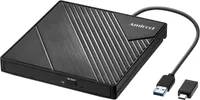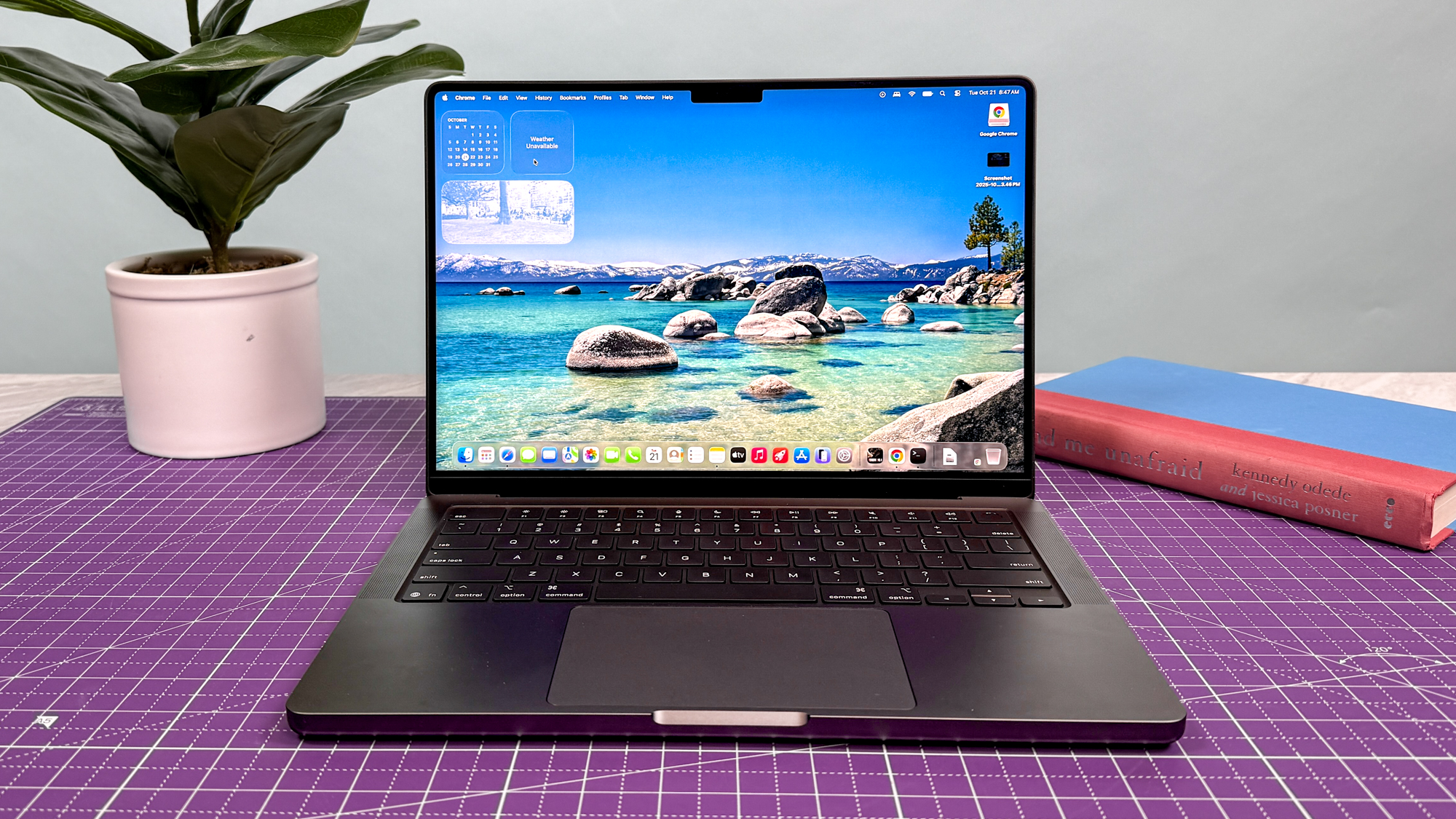How to Digitize Your Entire CD Collection — and Why You Should Do It ASAP
Eat your heart out, Spotify
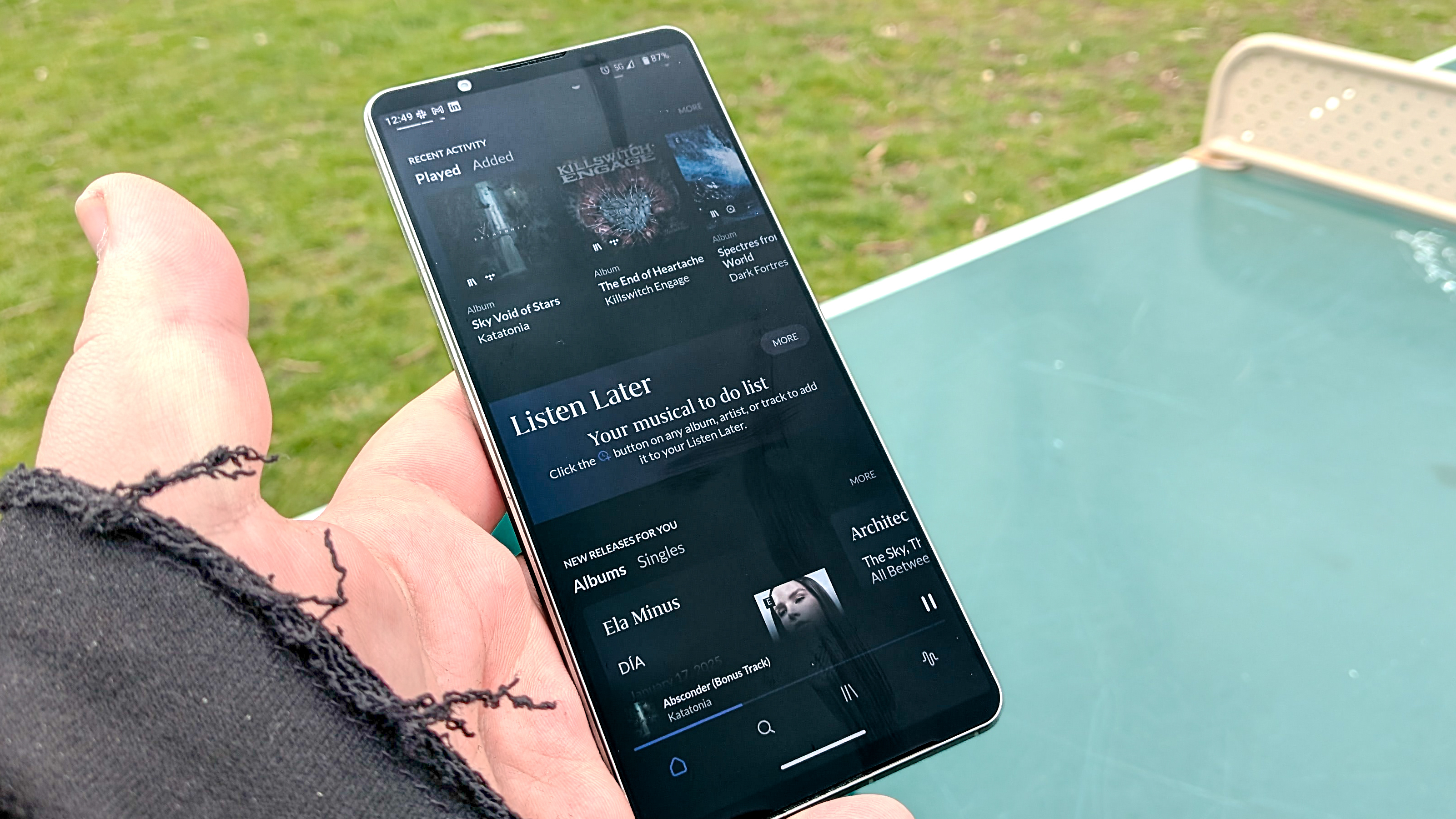
I love my CDs, but I cannot deny that they take up loads of space. CD collections are often big, bulky and annoying to move from point A to point B.
Thankfully, there's a better way to listen to your CDs on the go, and around the house: rip them to your computer and listen to them on an MP3 player or your phone. Growing up, doing this was common practice, but since the dawn of the best music streaming services it can feel a bit like lost knowledge.
I'm here to refresh everyone's memory and remind you that you can make your CDs into digital files and listen to them anywhere. Allow me to explain...
What even is ripping?
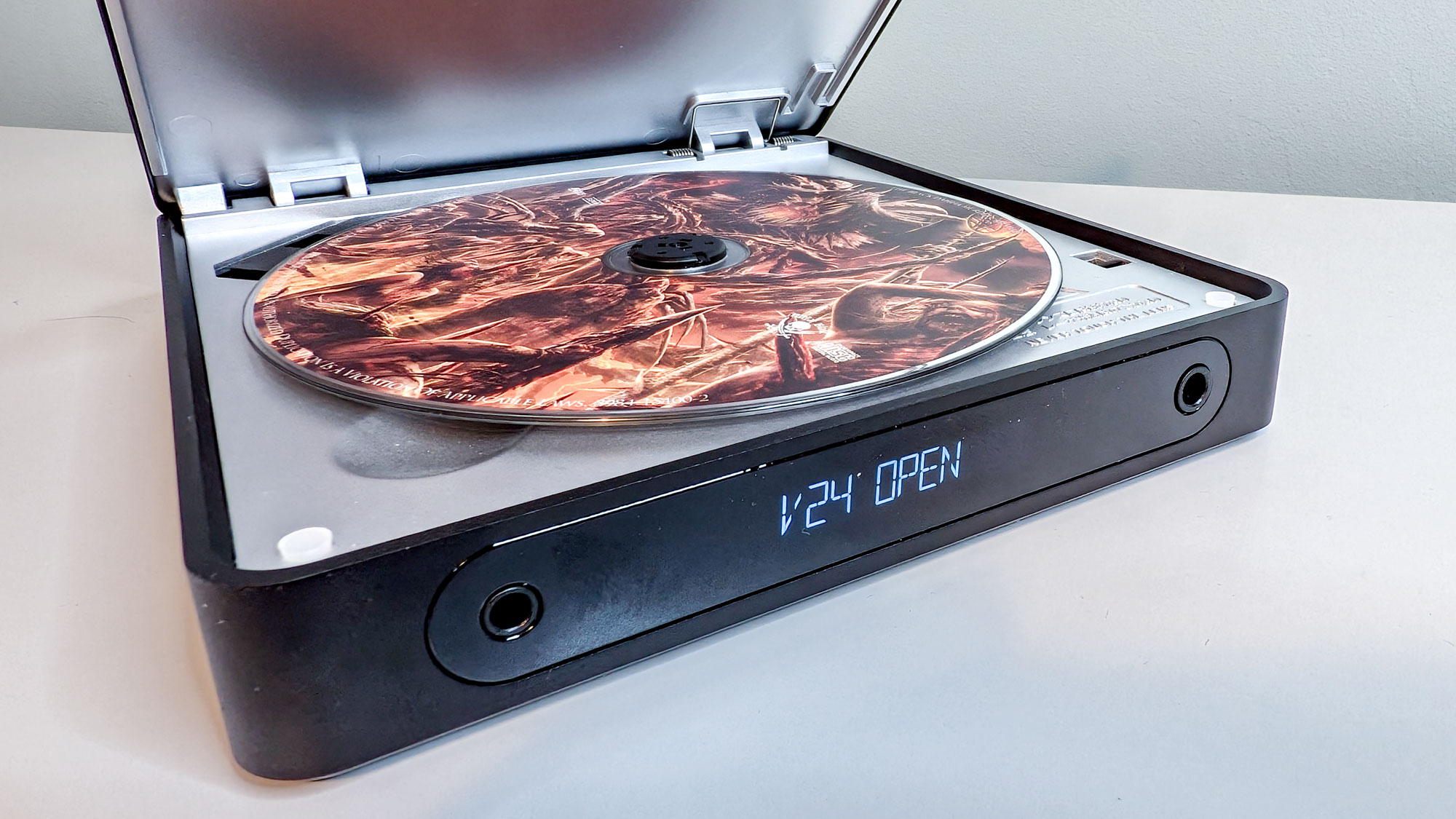
When you rip a CD you're pulling the data from a CD and making a copy of it on your hard drive. It's easier than it sounds, although with modern laptops and PCs lacking in CD drives, you're going to need an external drive. They're extremely cheap nowadays, and connect over USB.
Here's a decent model you can find on Amazon:
This well-priced CD drive connects over USB, and comes with a USB-C adapter for modern computers. This will even burn CDS — although you definitely shouldn't start burning copies of the audio on your existing CDs.
How to rip your CDs
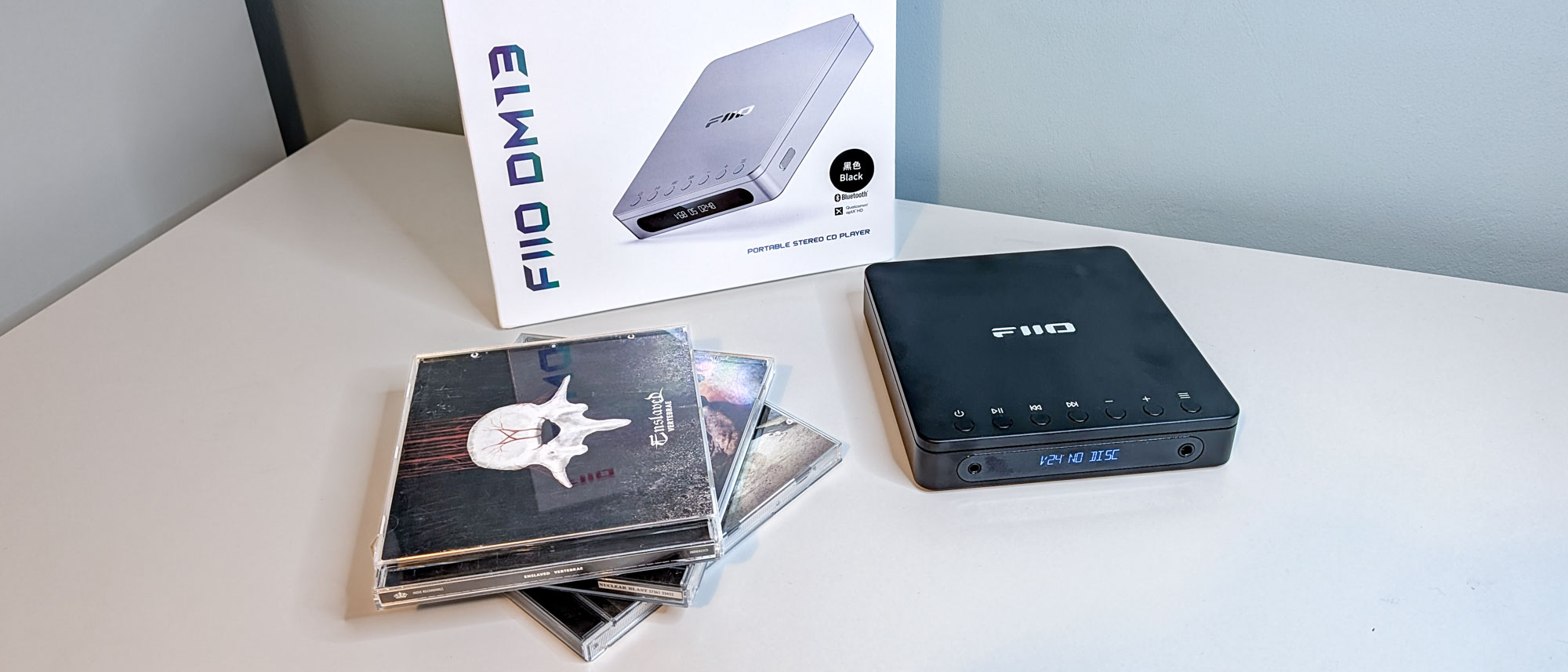
You'll want some CD ripping software — I'd suggest dbpoweramp — and then you get ripping. Pop your CD in the drive, and then use your chosen program to pull your tracks from your CD to your hard drive. Easy!
You'll generally find options in your ripping software so that you can get better sound at the cost of larger files, or worse audio for smaller files. If you don't care about audio quality, choose something like MP3. They're small, and so they take up less space on your storage media.
Get instant access to breaking news, the hottest reviews, great deals and helpful tips.
If you care about preserving audio fidelity, you should consider ripping your files into the FLAC format.
If you care about preserving audio fidelity, you should consider ripping your files into the FLAC format. They sound better, but they're much larger.
Remember that those FLAC files won't be as high quality as those found on hi-res digital music purchasing site, like the Qobuz store. Those feature higher quality audio than CDs contain.
What to do with music you've ripped
"Ripping" or copying music from a CD is illegal in the UK, however it is permitted in the US in the following circumstance according to the RIAA:
- The copy is made from an authorized original CD that you legitimately own.
- The copy is just for your personal use. It’s not a personal use – in fact, it’s illegal – to give away the copy or lend it to others for copying.
Now you've got a hard drive full of music, you're probably wondering what you can do with it. You can put the tracks on your phone for one, and listen to your music that way. For iPhone users, that means using the Apple Music app to synchronize your phone with your computer. Android users will want to put their files on their phone with Android File Transfer.
From there, you can listen to your music using either the built-in music app on your phone or a separately installed one like Poweramp. You could use a portable DAP like the Fiio JM17 as well, if you want your music to sound as good as possible.
If your phone has a micro SD card slot, you can put your music on a micro SD card and slot it into the phone. Your music apps will generally automatically search for files stored on external media and populate whichever app you use.
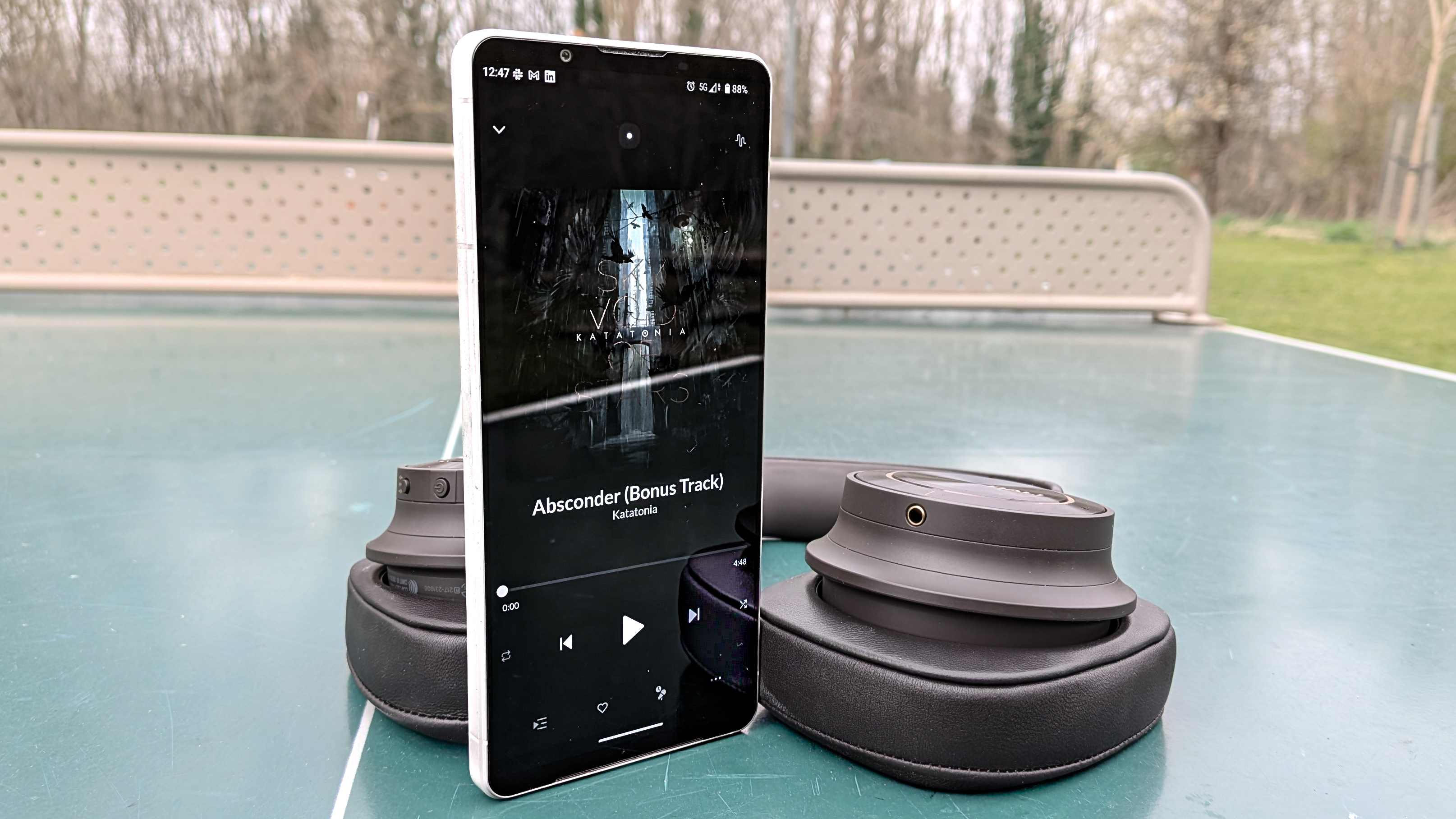
Personally, I like to use Roon, a service that not only works with other streaming services, but also with a home music service. What's a home music server? Imagine a little computer at home, filled with your favorite music, that you can access anywhere.
Roon is a very easy way to get those digitized CDs into a listenable format. A server is easy enough to make. You could use an old PC that you've got lying around the house, and install the Roon software. Or, you could buy a Roon Nucleus system, which will work with your devices straight out of the box.
I've documented my experience with Roon before, including how you can use the system when you're out and about. Thanks to the Roon ARC app, I can listen to music stored on my music server wherever I go. Now that's cool. My CDs can then live in storage, taking up far less space around the house. It also means my phone's storage isn't filled with files — another big bonus.
So, if your CD collection is taking up loads of space in the house, there are some great ways to keep on listening to the music contained on those silver discs without having to cart around an oversized binder.
Follow Tom's Guide on Google News to get our up-to-date news, how-tos, and reviews in your feeds. Make sure to click the Follow button.
More from Tom's Guide

Tammy and her generous collection of headphones have found a new home — Tom's Guide! After a two-and-a-half-year stint as iMore's resident audiophile, Tammy's reviews and buying guide expertise have more focus than ever on Tom's Guide, helping buyers find the audio gear that works best for them. Tammy has worked with some of the most desirable audio brands on the planet in her time writing about headphones, speakers, and more, bringing a consumer focussed approach to critique and buying advice. Away from her desk, you'll probably find her in the countryside writing (extremely bad) poetry, or putting her screenwriting Masters to good use creating screenplays that'll never see the light of day.
You must confirm your public display name before commenting
Please logout and then login again, you will then be prompted to enter your display name.
 Club Benefits
Club Benefits





